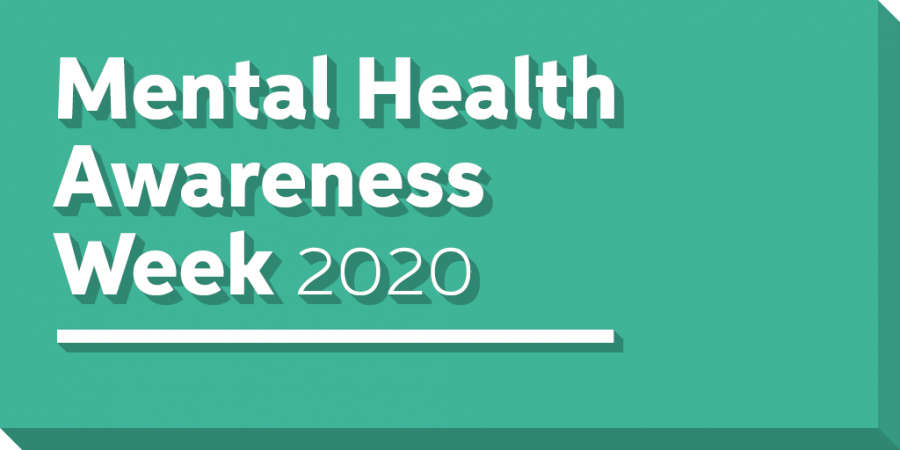Become That Someone for Those Struggling with Mental Health Challenges
I had always heard of mental health awareness, but it had never been fully brought to my attention until I experienced it firsthand. As we look back on the recent Mental Health Awareness Week, I want to share a bit of my story.
I returned home last academic year due to anxiety, depression and suicidal thoughts. It is the scariest thing I have ever experienced. You start to think that other people believe you’re crazy, that you are just seeking attention, or being over-dramatic.
That is simply not true. When I reached out for help, I was told by some of my closest cohorts that their respect for me grew. I couldn’t believe it. The simple act of saying “I am not o.k.” brought me more respect, not less.
Appreciating the importance of mental health is growing and we need to keep it that way. The fact that we have lost more people to suicide in the past month than to COVID-19 is mind-boggling. One in four young adults are diagnosed with a mental illness by the time they are 24, and this number only includes those who seek help.
There is no perfect response to someone who tells you that they are struggling with their mental health. You should try to validate their feelings and let them know you appreciate their courage. You can also refer them to other resources.
We are lucky enough to have free counseling services on our campus. You can contact the Counseling Center at counseling@francis.edu.
The most important thing you can do, however, is to continually support someone who is struggling.
My therapist told me that mental health is a scale from good to bad. It may never stay in the same spot, but it can always get better.
If you are struggling, better days are ahead.





